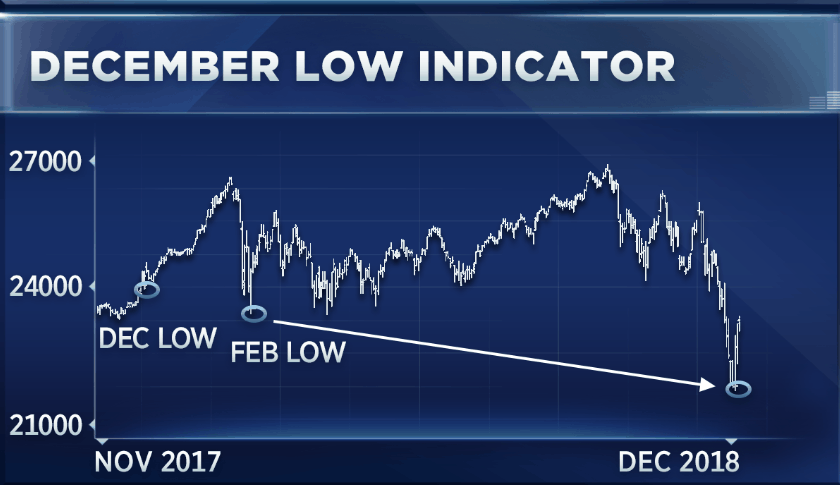

Alphabet Inc. shares soared to prices they have never reached in regular trading Monday in the extended session, as second-quarter earnings smashed expectations after accounting for a record antitrust fine out of Europe.
The Google parent company reported $3.2 billion in net income for the quarter, which works out to $4.54 a share, down from $5.01 a share a year ago, when the company also dealt with a big antitrust fine from the EU. Without the fine, Alphabet would have reported earnings of $11.75 a share, the company said, well higher than analysts’ average estimate of $9.64 a share, according to FactSet.
When asked about the fine on the company’s earnings call with analysts, Google Chief Executive Sundar Pichai said, “We are analyzing the decision and I think it’s too early to comment or speculate beyond what we’ve already said, but we will always take a constructive approach.”
Alphabet accounted for the fine in Monday’s report even though Pichai confirmed on Monday’s call that Alphabet plans to appeal, and said he is “looking forward to finding a solution, above all, that preserves the enormous benefits of Android users.”
Alphabet reported revenue of $26.24 billion after accounting for traffic-acquisition costs, up from $20.91 billion in the second quarter of 2017 and higher than the average analyst estimate of $25.58 billion.
Alphabet GOOGL, +1.10% GOOG, +1.74% stock jumped as much as 5% in after-hours trading Monday, and class A shares were still trading higher than $1,250 as of 7 p.m. Eastern time, well above the official intraday record of $1,221.59. The company’s class A shares have gained 15% so far this year, as the S&P 500 index SPX, +0.18% has increased 4.8%, giving Alphabet a market capitalization of $839.2 billion at the close, according to FactSet.
Google produces almost all of Alphabet’s revenue, with the lion’s share of that from its advertising business. Google reported revenue of $32.51 billion, but disclosed $6.4 billion in traffic-acquisition costs, or TAC, which is the portion of revenue that goes to other sites for sending eyeballs to Google ads. Combined, the Google division of Alphabet had $26.11 billion in revenue after accounting for TAC, against average analyst expectations of $25.48 billion, according to FactSet.
GBH Insights analyst Daniel Ives wrote in a note to clients late Monday that TAC costs were lower than expected and is a “clear positive takeaway from the quarter.”
Alphabet does not break down the immense pile of money Google pulls in to many different segments. Though advertising revenue comes from different sources — such as YouTube — and different types of ads — such as mobile, video and search — the company only reports advertising revenue and non-advertising revenue. In the second quarter, Google reported ad revenue of $22.39 billion minus TAC, up from $17.58 billion the year before; analysts on average expected ad revenue of $20.99 billion ex-TAC.
“First and foremost, Google Sites revenue has continued to grow, it’s the fourth quarter in a row of accelerating growth rates,” said JMP Securities analyst Ron Josey. “The company’s continued ability to reinvent or launch new ad products that have been adopted by advertisers, and that drives return on investment.”
Josey said that new ad products, such as those powered by machine-learning technology that Google announced earlier this month, are having a significant impact on the company’s top line. Also, Alphabet continues to benefit from the slow shift of ad dollars online from elsewhere.
“They’re finding ways to attract incremental ad dollars, and finding ways to do so — in some cases with new products,” Josey said.
Non-ad businesses within Google — which includes its cloud-computing platform, hardware such as Google Home speakers and Pixel smartphones, and mobile-app revenue from its Play Store — reported revenue of $4.43 billion, up from $3.09 billion a year ago. Analysts on average expected those businesses to provide $4.4 billion in sales, according to FactSet. Executives did not disclose additional numbers about its cloud-computing unit, which the company said in the fourth quarter logged sales of $1 billion.
Alphabet’s “Other Bets,” the more experimental businesses that are apart from Google within the company’s corporate structure, reported $145 million in revenue, down from $248 million a year ago, and an operating loss of $732 million. Alphabet has transitioned the Nest hardware business to Google and cut back on or moved some of the Other Bets in the past year, and Alphabet CFO Ruth Porat said Monday that revenue “primarily” came from Google Fiber and Verily. Analysts on average expected Other Bets to report $162 million in revenue with an operating loss of $692 million.
On the earnings call with analysts, executives were also asked about the EU’s General Data Protection Regulation, a privacy law that recently went into effect and has had widespread implications on tech companies. But instead of mitigating the power of ad titans such as Alphabet and Facebook Inc. FB, +0.46% , the law may end up being an unintended boon, former Google ad executive Gil Elbaz said in an email.
“One of the unintentional consequences of GDPR is the strengthening of the duopoly,” Elbaz wrote. “Without external competition, Google will harbor innovation, increasingly drive adoption of their own channels and consequently, continue growing their revenues.”
Pichai told analysts that it’s “too early to tell” what impact GDPR will have.





























